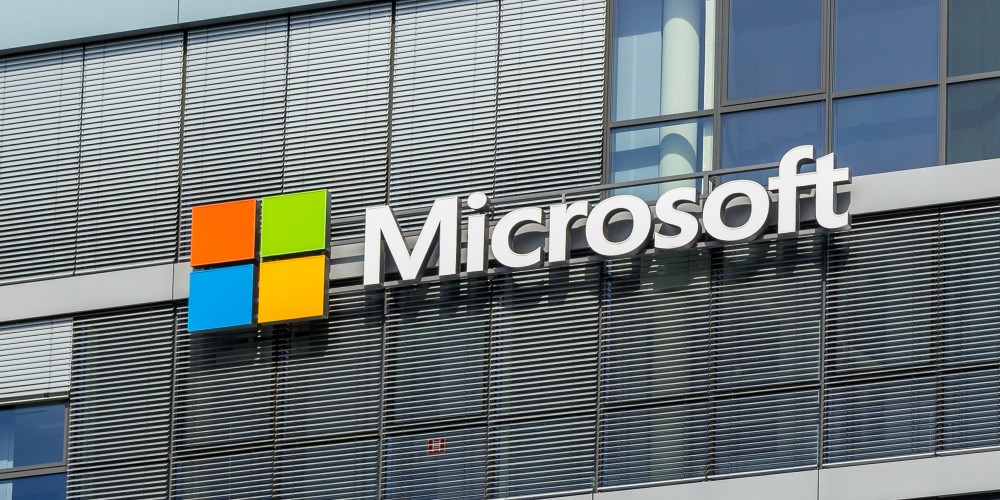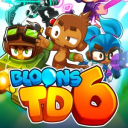Microsoft's Acquisition of Activision Blizzard: A New Chapter for Warcraft and Gaming Giants
Apr-18-2024

In a landscape where corporate acquisitions often lead to significant overhauls and cultural shifts within companies, Microsoft's takeover of gaming behemoth Activision Blizzard stands as a noteworthy outlier. The magnitude of this acquisition, one of the largest in gaming history, promised to shake the very foundations of the industry. Yet, far from the spectacle of corporate integration that many expected, the transition has painted a picture of strategic autonomy, especially for Blizzard's cherished brainchild, World of Warcraft.
From the outset, the acquisition was headline material, not solely for its staggering $68.7 billion price tag but also for the potential it held for industry-altering repercussions. Despite regulatory hurdles and persistent scrutiny from agencies like the Federal Trade Commission and the UK’s Competition and Markets Authority, Microsoft finalized this historic purchase. The following months left industry veterans and fans alike speculating on the fates of Activision Blizzard's iconic franchises, particularly World of Warcraft – a cornerstone in the realm of MMORPGs. However, Blizzard executives such as Holly Longdale, Vice President and Executive Producer of World of Warcraft, stated that the post-acquisition period was notably unobtrusive, characterized by a steady continuity of the studio's identity and operations.
One of the most significant revelations to emerge in this new union is Microsoft's hands-off approach, which champions the "let Blizzard be Blizzard" ethos. This level of trust between the computing titan and its newly acquired entity is indicative of a broader trend within Microsoft's operational style, celebrating the uniqueness of its studios while promoting mutual learning and sharing of best practices. Collaborations have been fostered with other in-house developers such as Mojang and the Elder Scrolls Online team, facilitating a cross-pollination of ideas without the imposition of overt corporate mandates.
The fruits of such synergies are dual-fold. On one hand, they afford Blizzard the space to harness its proven creativity and innovation, maintaining the legacy and community trust built over decades. On the other, Microsoft gleans the insights of long-standing industry players, embedding these learnings within its broader gaming ecosystem. It's an interplay of freedom and collaboration that may very well set a pioneering template for how mega-acquisitions should be handled in the gaming sector.
As Microsoft solidifies its gaming empire through a landmark acquisition, its laissez-faire philosophy towards Blizzard's operations offers a glimmer of hope for fans fearing the loss of the studio's distinctive culture. With Blizzard maintaining operational independence, the horizon for World of Warcraft not only remains unobscured but may also blaze with the promise of enriched experiences drawn from a wider pool of shared expertise. Reflecting on the current status quo, it is evident that Microsoft's respect for Blizzard's autonomy could serve as a strategic masterstroke, preserving the magic of a gaming legend while slowly integrating it within its colossal gaming tapestry.








Leave a comment
Your comment is awaiting moderation. We save your draft here
0 Comments